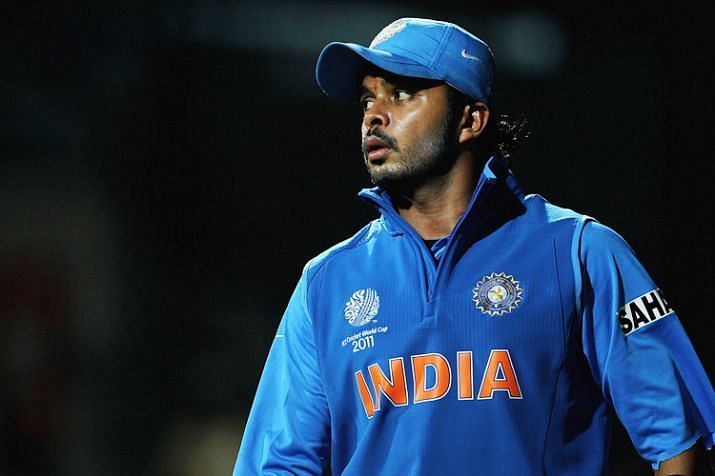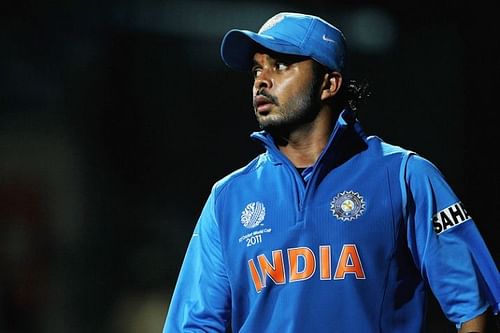
Supreme Court sets aside life ban on Sreesanth

What's the story?
In a big relief to former Indian cricketer S Sreesanth, the Supreme Court on Friday set aside BCCI’s order imposing a life ban on him for his alleged involvement in the 2013 IPL spot-fixing scandal.
The court has asked the board to consider a fresh punishment for the former Rajasthan Royals’ pacer within the next three months. The Kerala pacer had pleaded that he should not be punished at all because he was acquitted in the spot-fixing case but the plea was rejected by the Supreme Court.
In case you didn’t know...
In May 2013, 3 players of the Rajasthan Royals, namely Sreesanth, Ankit Chavan and Ajit Chandila were arrested by the Delhi Police for their alleged involvement in the spot-fixing controversy. It resulted in a life-ban on all three players by the BCCI.
The heart of the matter
All 36 accused in the scandal were discharged by the Patiala House Court in July 2015 citing lack of evidence. Thereafter, the BCCI declined to reverse its disciplinary order against Sreesanth, stating that it was passed on the basis of evidence. In October 2017, a division bench of the Kerala High Court had reimposed the life ban on him after a petition from the BCCI.
The World Cup-winning star had also argued that the inquiry team formed by the BCCI had submitted the final report without hearing him. Today, a bench comprising Justices Ashok Bhushan and KM Joseph stayed the life-ban imposed on Sreesanth and made it clear that he will get the opportunity of being heard by the committee on the quantum of the punishment.
However, the Supreme Court also said that its verdict shall have no effect on the criminal proceedings pending against the former Indian pacer in the Delhi High Court, where the Delhi Police has challenged a trial court’s order discharging all accused, including Sreesanth, in the IPL spot-fixing case.
What's next?
The BCCI Disciplinary Committee has been directed by the Supreme Court to afford Sreesanth a hearing and decide on the punishment within the next three months.